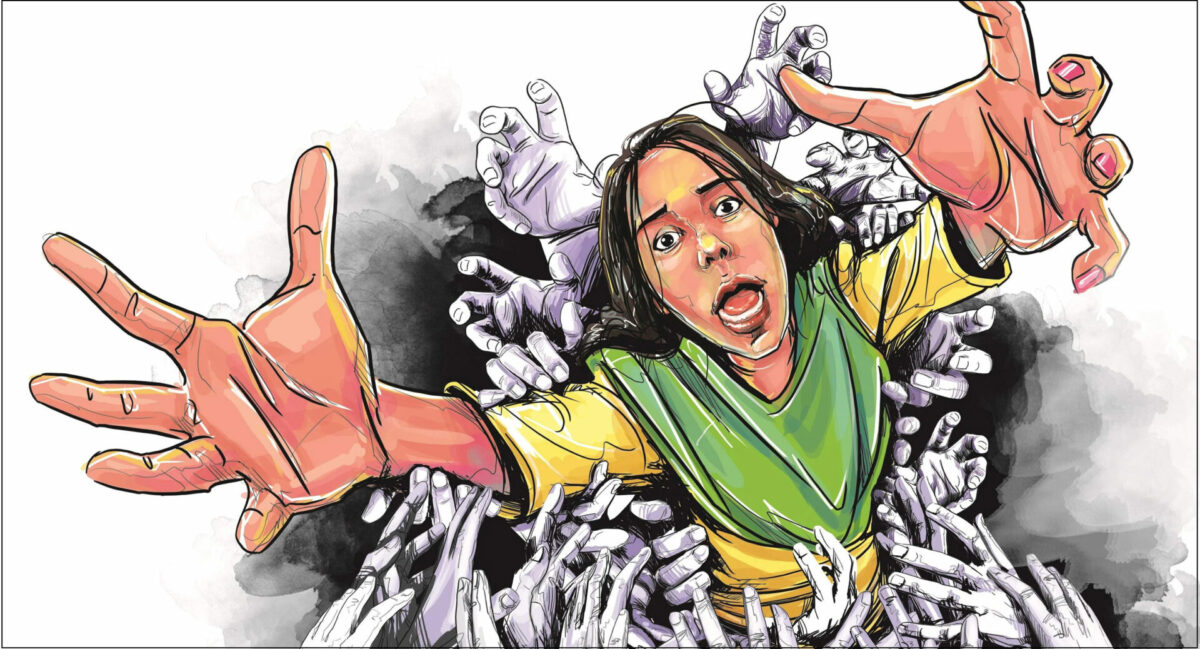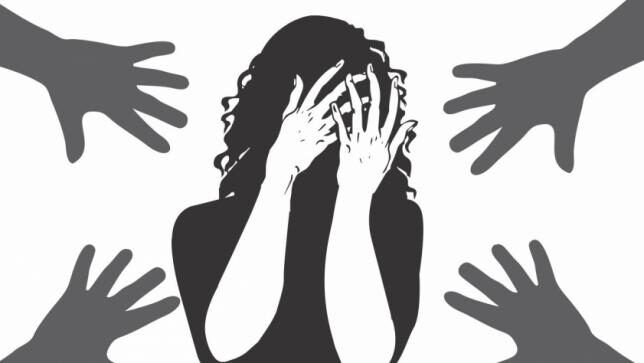The Nirbhaya Case: 2012
The Nirbhaya case shook India in 2012 when a 23-year-old woman, known as Nirbhaya, was brutally gang-raped and murdered by six men on a moving bus in Delhi. This horrifying incident sparked massive protests and outrage across the country, with people demanding justice and stricter laws to combat violence against women.

To address the urgent need for action, the Indian government established the Nirbhaya Fund in 2013. Initially, 1,000 crores (about $146 million) were allocated to this fund, aiming to support initiatives that improve the safety and security of women in the country.
The Nirbhaya Fund is managed by the Ministry of Women and Child Development in India. Its primary goal is to back projects that tackle issues like preventing violence against women, enhancing their safety, and empowering them. The fund has been utilized for various purposes, including setting up helplines, strengthening law enforcement, improving public transport safety, and promoting the use of technology to ensure women’s safety.
The Current Aid for Survivors
A new scheme has been approved by the central government under the Nirbhaya Fund to provide essential support to minor girls who have been abandoned by their families due to pregnancy resulting from rape. The scheme covers any girl below the age of 18 who is a victim of penetrative sexual assault, aggravated penetrative assault, and has become pregnant as a result of such assault or rape.
The Ministry of Women and Child Development has reached out to states and agencies like child welfare committees, urging them to submit proposals for critical care support for these victims. The guidelines state that the child should be either an orphan, abandoned by her family, or unwilling to live with her family. It is not necessary for the girl child victim to possess a copy of the First Information Report (FIR) to avail the benefits provided by the scheme. To safeguard the privacy of the beneficiaries, the scheme has intentionally been left without a name, ensuring their identities remain protected.
The newly approved scheme aims to provide comprehensive support to girl child survivors in a centralized manner, offering a wide range of services. These services include access to education, police assistance, medical care, psychological counselling, legal support, and insurance coverage for both the victim and her newborn.
According to the National Crime Records Bureau, there were 51,863 cases registered under the Protection of Children from Sexual Offenses (POCSO) Act in 2021. Out of these cases, 64% involved penetrative sexual assault or aggravated penetrative sexual assault.
To cater to the unique needs of the scheme’s beneficiaries, separate spaces will be allocated within childcare homes. Additionally, under the Mission Vatsalya guidelines, dedicated childcare institutions will be established to ensure the proper rehabilitation of POCSO victims.
Conclusion
While the Nirbhaya case and the establishment of the Nirbhaya Fund have raised awareness about gender-based violence and brought about some positive changes, there is still much more to be done in India. Deep-seated cultural attitudes need to be addressed, the criminal justice system needs to be strengthened, and a safer environment must be created for women. It is vital for individuals, organizations, and the government to continue working together to achieve long-term reforms that ensure the dignity and safety of all citizens.
The government is now dedicated to expediting the implementation of these measures on the ground, aiming to bring about positive changes swiftly. By prioritizing the well-being and support of these vulnerable girls, the government aims to provide them with a better future and help them overcome the challenges they face.
Overall, this scheme aims to provide a holistic support system for girl child survivors, addressing their various needs and helping them recover and rebuild their lives.













